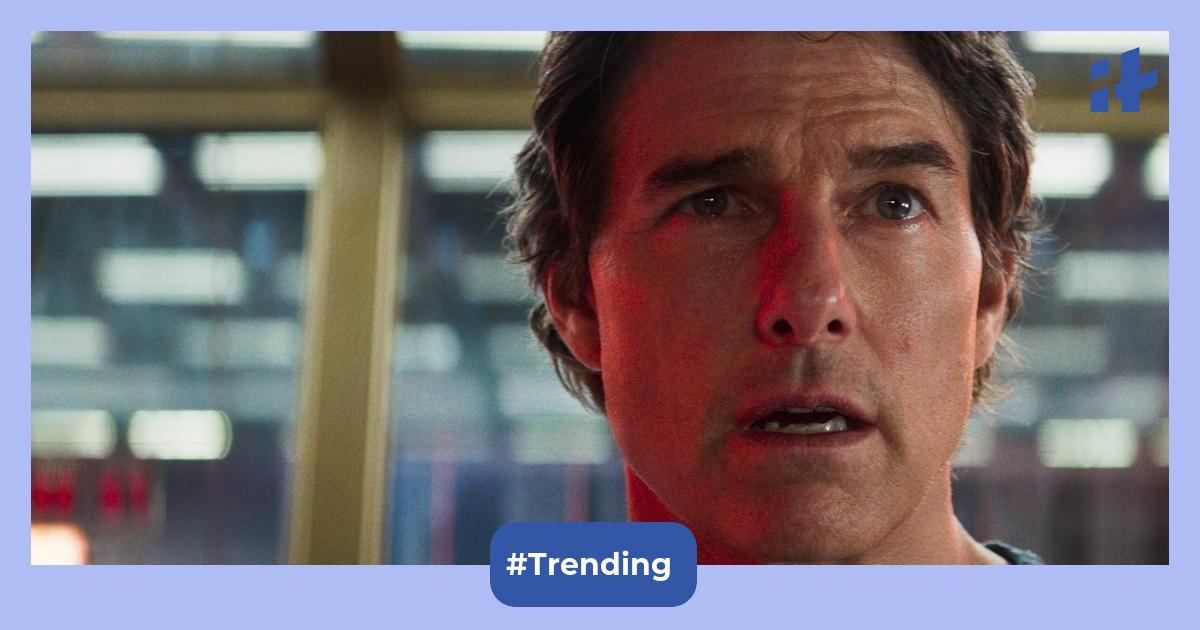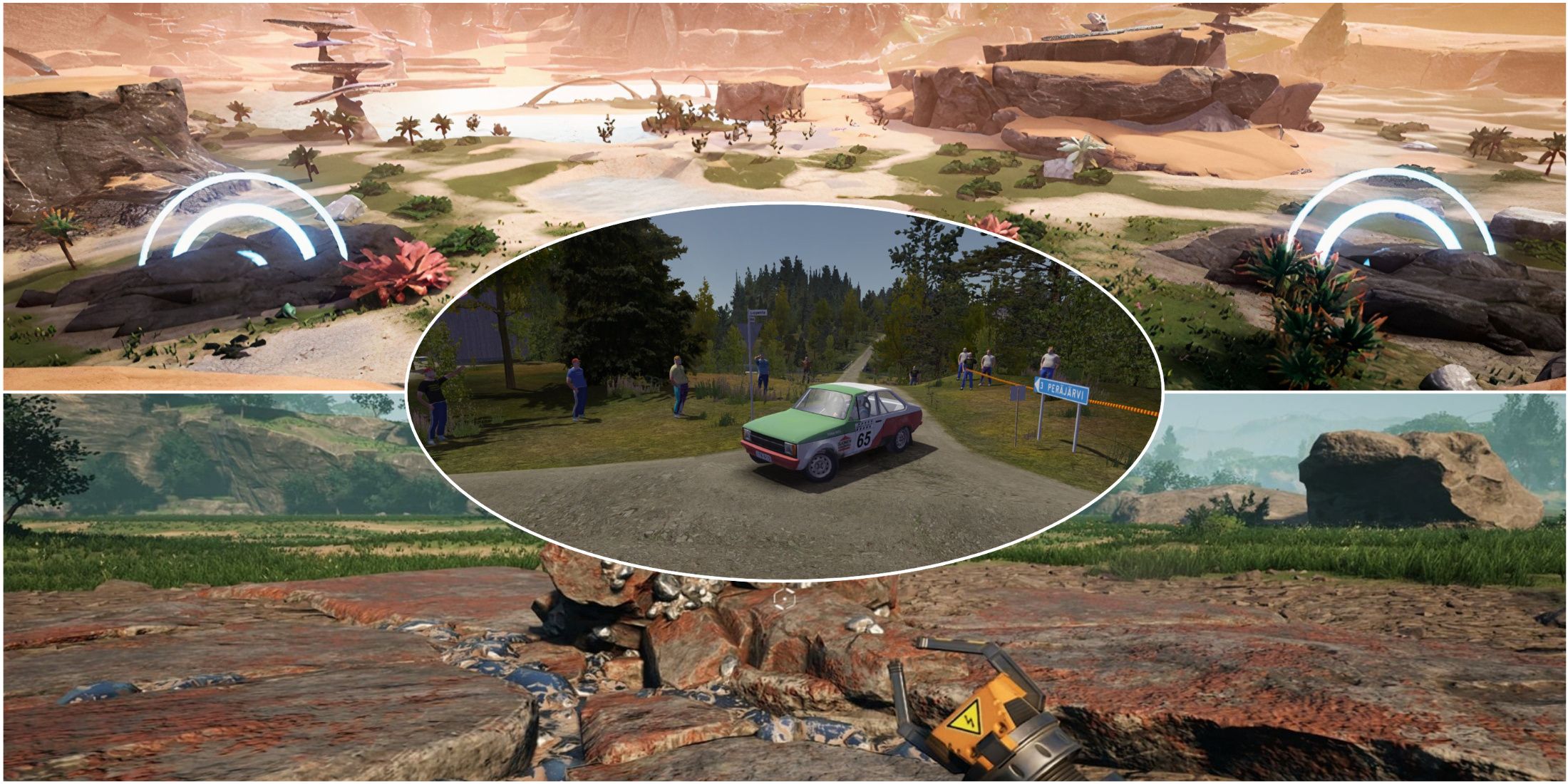How Logifuture is redefining iGaming work culture
You’ve already lost the talent war if you still treat hybrid work like a pandemic-era indulgence. While some companies cling to office-only dogma, others like Logifuture quietly build global teams, spark innovation, and let people thrive where they work best. At the heart of this shift is Marvin Cuschieri, Group Chief People & Talent Officer at Logifuture, who’s reshaping how we define recruitment, retention and culture across borders, offices and time zones.
In an exclusive interview with SiGMA News, Cuschieri talked about Malta’s changing recruitment climate, the power of flexibility, and why ignoring hybrid work isn’t just outdated: it’s self-sabotage.
Cuschieri didn’t mince his words. The local market, once bursting with varied opportunities from junior agents to CTOs, has narrowed. “It’s becoming less diverse overall with more focus on, for instance, FinTech roles,” he observed, adding that the rising cost of living and cultural shifts make it harder to draw in international talent. Yet that hasn’t slowed Logifuture.
“We don’t distinguish between local and foreign hires. We hire talent wherever it is,” Cuschieri explained. Logifuture operates across nine offices with over 40 nationalities, and over 20 percent of its workforce is fully remote. Most of the teams are spread across continents. Others are united only by project goals and Zoom windows. It’s a modern, modular approach to HR and a clear rejection of the outdated idea that presence equals productivity.
“Remote is here to stay,” Cuschieri declared. But that doesn’t mean abandoning physical space. The key, he says, is balance, like quarterly in-person meetings for far-flung teams. “Some roles need an office,” he concedes, citing traders with eight-screen setups. “But it would be foolish to fight flexibility.”
He added, “I go to the office four days a week because I need interaction, but I’d never force that on a senior developer. Why make someone commute to join a Zoom call with someone in another country?”
While some companies are still dragging their feet into the artificial intelligence era, Logifuture is running ahead with AI-enhanced recruitment. Cuschieri described how the firm uses AI to streamline CV screening, weed out fake profiles, and surface talent with rare technical skills. The result? Time-to-hire has shrunk from weeks to days.
“We’ve automated almost the entire process, not to remove the human touch, but to give our teams time to use it better,” he said. AI handles the groundwork; humans bring the nuance. And that, he believes, leads to a fairer, faster, and more respectful experience for candidates.
He warned, however, that we must use AI wisely. “The proper AI coding tools are billed by usage, so you could end up with costs higher than a developer’s salary if you don’t manage them properly.”
Even so, Logifuture is investing in AI tools such as Gemini, Claude AI, and co-coding experiments to enhance developers’ workflows. “The human touch still gives the polish,” he insisted, noting that junior coders who would take three months to complete tasks could now do them in two weeks as long as we set protocols right.
There’s a conversation we don’t have enough of, not just where we work but when we work best.
“My sharpest hours are between 10.00 and 19:00. That’s when ideas click, words flow, and conversations actually land. Before that, I’m not at my best.”
Most companies obsess over productivity but ignore the reality that people peak at different times. Some thrive at sunrise, others after lunch. Forcing everyone into the same schedule doesn’t maximise performance; it just flattens it.
And here’s where it gets relevant for iGaming. This industry already operates 24/7. It spans continents, currencies, and customer queries at all hours. So why are internal teams still boxed into outdated schedules that don’t match their biological clocks or the global clock?
As Cuschieri pointed out, we’ve mastered coverage — support teams in one country, traders in another, and devs scattered across five time zones. But imagine what we’d gain if we went beyond coverage and focused on capacity. Real human capacity. Getting more out of your people, not by burning them out, but by understanding when they do their best work.
Our conversation turned to chronotype-aware scheduling, which is not a luxury but a competitive edge. In a round-the-clock sector like iGaming, performance peaks matter. Knowing when people work best could reshape how teams operate and succeed. If iGaming companies started optimising when people worked with the same passion they apply to player retention or odds modelling, we’d see sharper decisions, quicker turnarounds, and less burnout. Everyone wins: the staff, the company, and the customer.
And as Cuschieri reminded us, it’s not about being online all the time. It’s about being present when it counts.
Not every company is on board. “There are, for example, local tech companies that are refusing remote work outright. In the long run, it clearly backfires,” Cuschieri said bluntly. And he’s not wrong. Malta’s reputation as a gaming hub remains strong, but competition is rising. Dubai, with its eye on European, African and Asian markets, is already positioning itself as a future rival.
Cuschieri made a sharp point: “The economy doubled its GDP in 10 years. That’s almost unheard of.” Malta’s tightly woven gaming ecosystem, regulatory agility, and government support remain strengths. But Dubai’s proximity to younger, faster-growing regions gives it another edge.
“Some areas in Africa skipped 3G and went straight to 5G,” he noted. “That’s when the FinTech moves in. Then the gambling. Then the infrastructure catches up.” It’s a reminder that while Malta has maturity, other markets have momentum. Talent doesn’t just follow money anymore. It follows meaning, freedom, and, in Malta’s case, sunshine. If your workplace won’t bend, don’t be surprised when your best people drift off somewhere cheaper, warmer, and wiser.
Flexibility isn’t a luxury. It’s the air that modern work breathes. But ingrained in the old-school culture, some still treat it as something to be earned, not something that should be. But workers, especially in tech, are voting with their feet. They expect empathy, autonomy, and space to do their best work.
He also pointed to cultural nuances. “You’d think the Malta and Italy offices would be aligned, but they’re surprisingly different. You can’t apply one model to every office.”
And here’s where we call it what it is. If you’re still locking your teams into nine-to-five office chairs like it’s 1984, complete with badge scanners and fluorescent lights, you’re not preserving culture. You’re killing it.
Malta can’t lead a digital industry with analogue attitudes. It may wear the iGaming crown, but without trust and tech-first thinking, others will catch up fast.
Some fundamentals still hold true for all the tools and trends reshaping recruitment. As Cuschieri put it, the biggest myth in iGaming is “that everybody wants to work in gaming.” It takes more than flashy roles to attract lasting talent. It takes values. And while AI may speed up CV filtering and skills matching, there’s still no algorithm that can fake the right traits. “Empathy and fairness,” he said, “are the soft skills no CV can fake.”
As for the HR trend we’ll laugh about in five years, Cuschieri didn’t hesitate: “AI assessments. We need to see how people use AI to stand out, not punish them for it.”
Logifuture shows that the companies embracing change are the ones building tomorrow, not barricading themselves in boardrooms. Their teams span time zones, cultures, and working styles, but what unites them isn’t location. It’s clarity.
“Some want face-to-face. Some prefer remote,” Cuschieri said. “But whatever your style, be there. Be present, accountable, and proactive. That’s the rule.”







